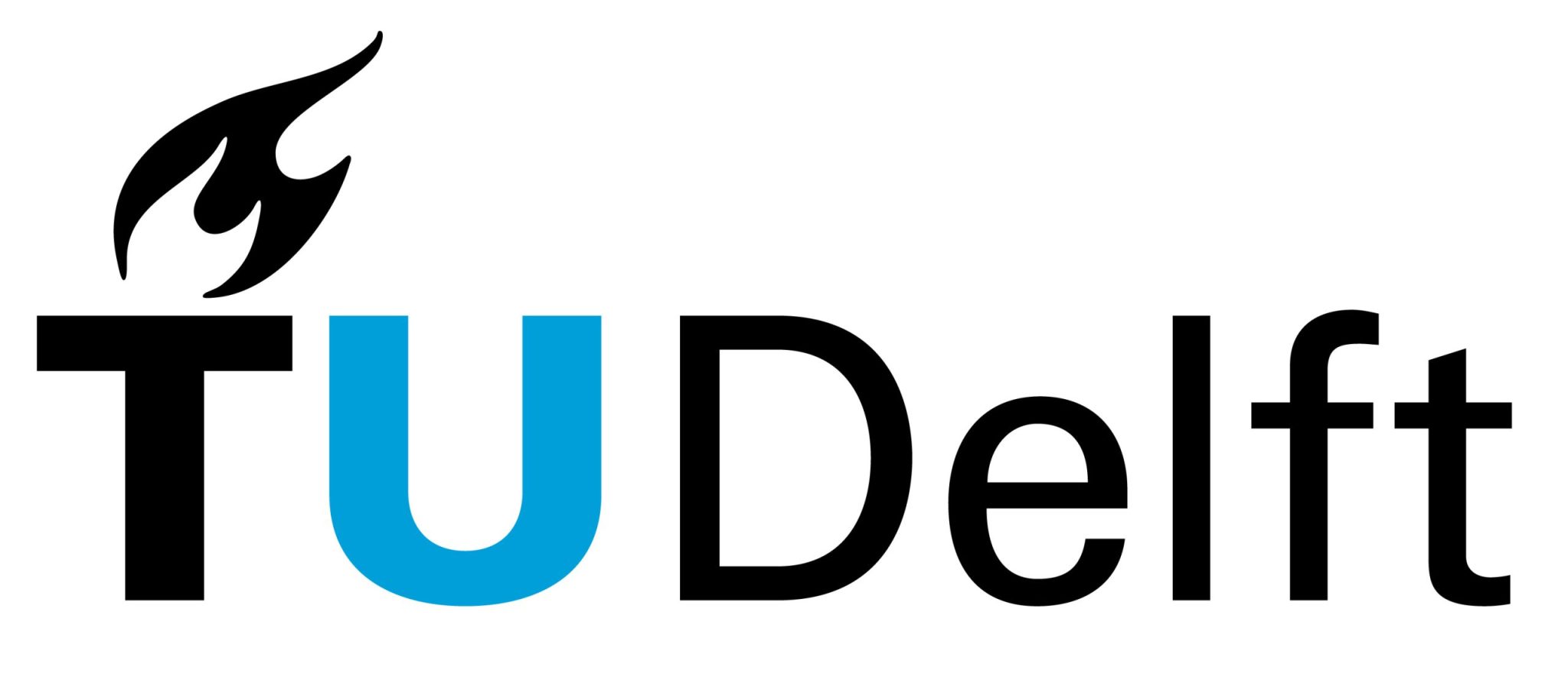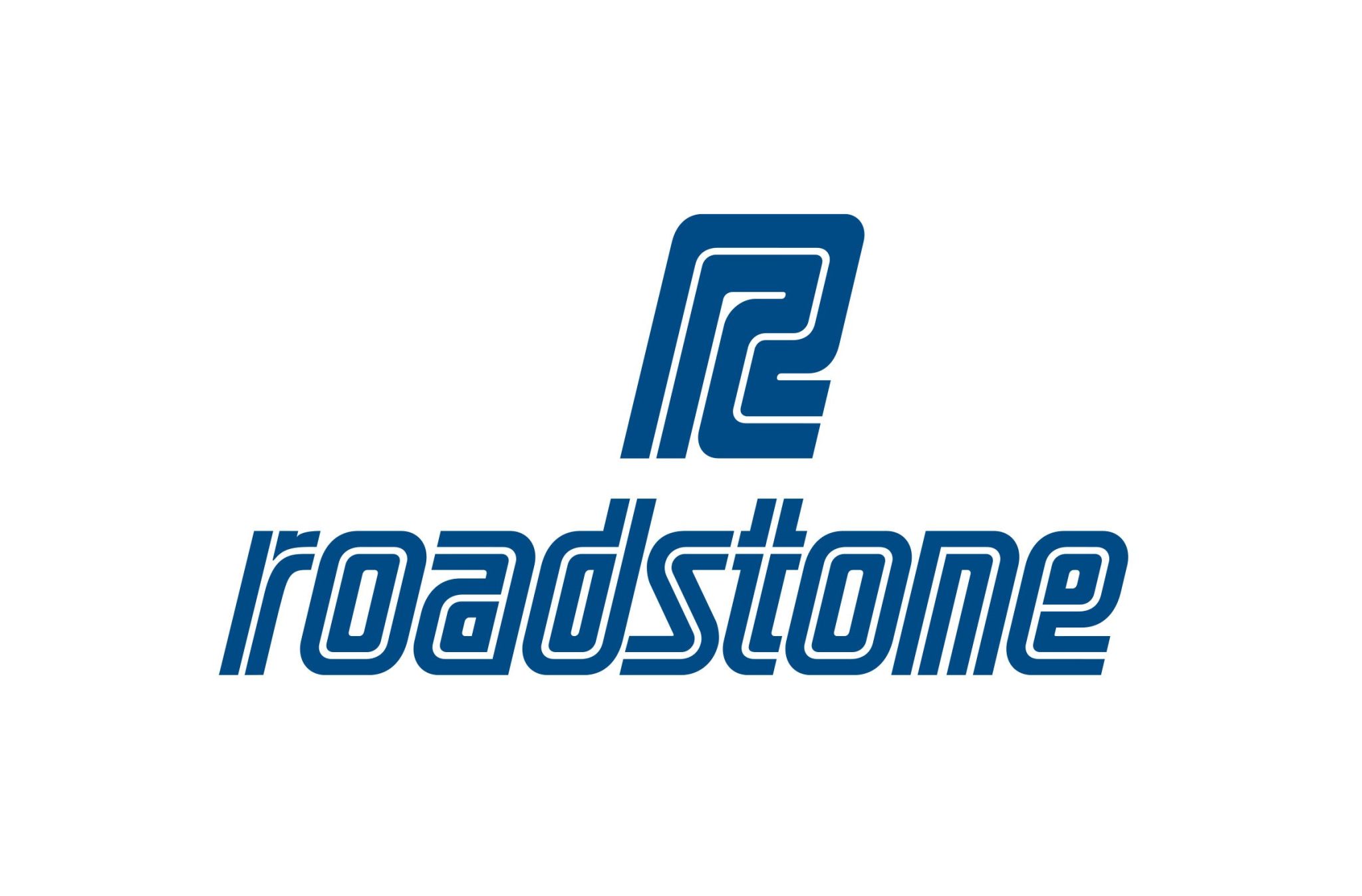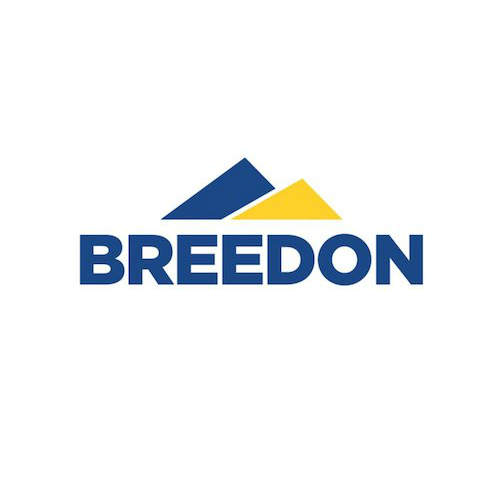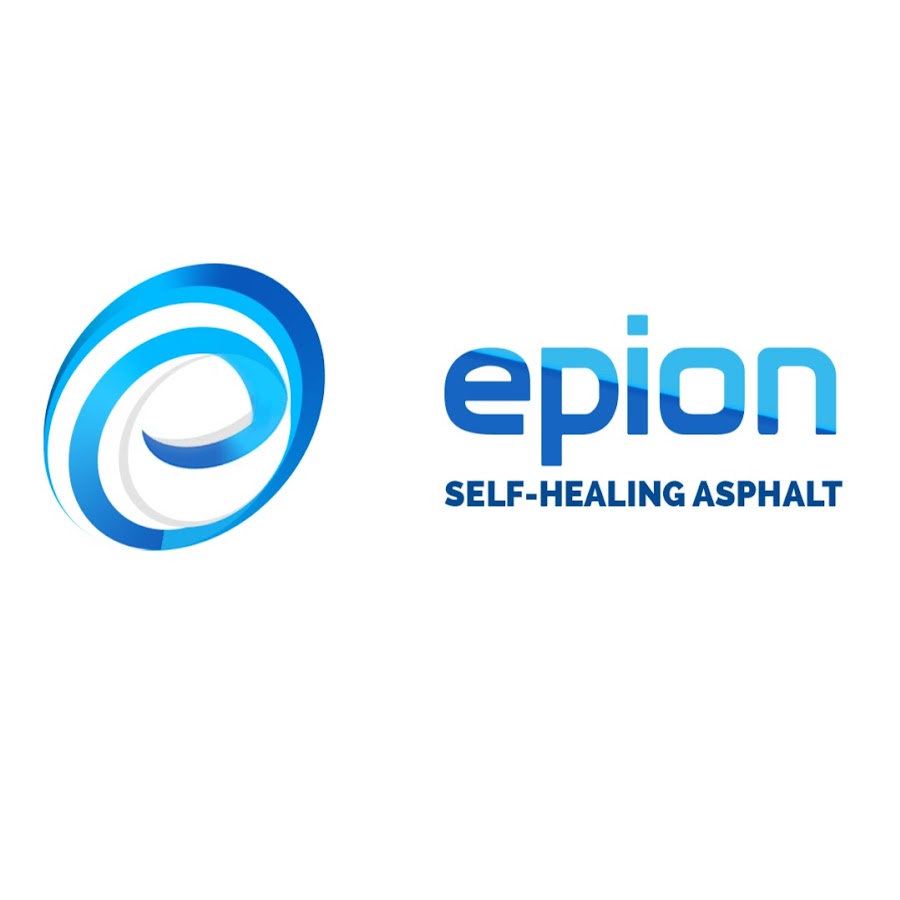About
Revolution Road incorporates bio-inspired technology into road design, construction and maintenance.
To date, Revolution Road has developed two disruptive, bio-inspired, technologies for use in roads (1) Self-healing technology and (2) Bio-binders. Self healing technology involves developing roads which can self-repair; while bio-binders are developed by extracting bio-oils and bio-polymers from biomass and using them as a viable alternative to crude oil. Bio-binders have the added advantage of using circular economy principles to re-use waste products in place of crude oil, for road design. These two technologies have the potential to revolutionise road design, construction and maintenance processes that have been in place for over a century.
Revolution Road works with road industry, road owners, research organisations and academia to identify practical solutions to the climate crisis by developing carbon neutral road materials and road maintenance processes.
To date, Revolution Road has developed two disruptive, bio-inspired, technologies for use in roads (1) Self-healing technology and (2) Bio-binders. Self healing technology involves developing roads which can self-repair; while bio-binders are developed by extracting bio-oils and bio-polymers from biomass and using them as a viable alternative to crude oil. Bio-binders have the added advantage of using circular economy principles to re-use waste products in place of crude oil, for road design. These two technologies have the potential to revolutionise road design, construction and maintenance processes that have been in place for over a century.
Revolution Road works with road industry, road owners, research organisations and academia to identify practical solutions to the climate crisis by developing carbon neutral road materials and road maintenance processes.
Team

Dr. Amir Tabaković is a founder and director of Revolution Road. He is also a Visiting Assistant Professor at UCD School of Civil Engineering.
Amir is a Materials Engineer who holds a PhD in Civil/Mechanical Engineering from University College Dublin (UCD), Ireland. He has over 20 years’ experience in asphalt pavement research. During that time, he has been awarded two Marie Skłodowska-Curie Individual Fellowships: (1) the SHARP project – Self-healing Asphalt for Road Pavements (SHARP) and (2) in 2020 for the ASAP Project – Advanced Solutions for Asphalt Pavements (ASAP). He is currently PI and technical expert on two Transport Infrastructure Ireland funded projects investigating the use of bio-inspired technology (self-healing and bio-bitumen) in asphalt mix design. His research focuses on the development of bio-inspired systems for asphalt pavements. He has published widely on this subject. He also works to define and evaluate standards for evaluating self-healing asphalt internationally with the RILEM committee (the International Union of Laboratories and Experts in Construction Materials, Systems and Structures) and nationally with the National Standards Authority Ireland. His career goal is to introduce bio-inspired technology into asphalt pavement design and maintenance processes, with a focus on sustainability and the circular economy. He is currently seeking to commercialise two bio-inspired technologies: i) extrinsic self-healing system and ii) Eco-bind a bio-based product, for asphalt pavement construction and maintenance.
Amir is a Materials Engineer who holds a PhD in Civil/Mechanical Engineering from University College Dublin (UCD), Ireland. He has over 20 years’ experience in asphalt pavement research. During that time, he has been awarded two Marie Skłodowska-Curie Individual Fellowships: (1) the SHARP project – Self-healing Asphalt for Road Pavements (SHARP) and (2) in 2020 for the ASAP Project – Advanced Solutions for Asphalt Pavements (ASAP). He is currently PI and technical expert on two Transport Infrastructure Ireland funded projects investigating the use of bio-inspired technology (self-healing and bio-bitumen) in asphalt mix design. His research focuses on the development of bio-inspired systems for asphalt pavements. He has published widely on this subject. He also works to define and evaluate standards for evaluating self-healing asphalt internationally with the RILEM committee (the International Union of Laboratories and Experts in Construction Materials, Systems and Structures) and nationally with the National Standards Authority Ireland. His career goal is to introduce bio-inspired technology into asphalt pavement design and maintenance processes, with a focus on sustainability and the circular economy. He is currently seeking to commercialise two bio-inspired technologies: i) extrinsic self-healing system and ii) Eco-bind a bio-based product, for asphalt pavement construction and maintenance.
Clients & Partners








